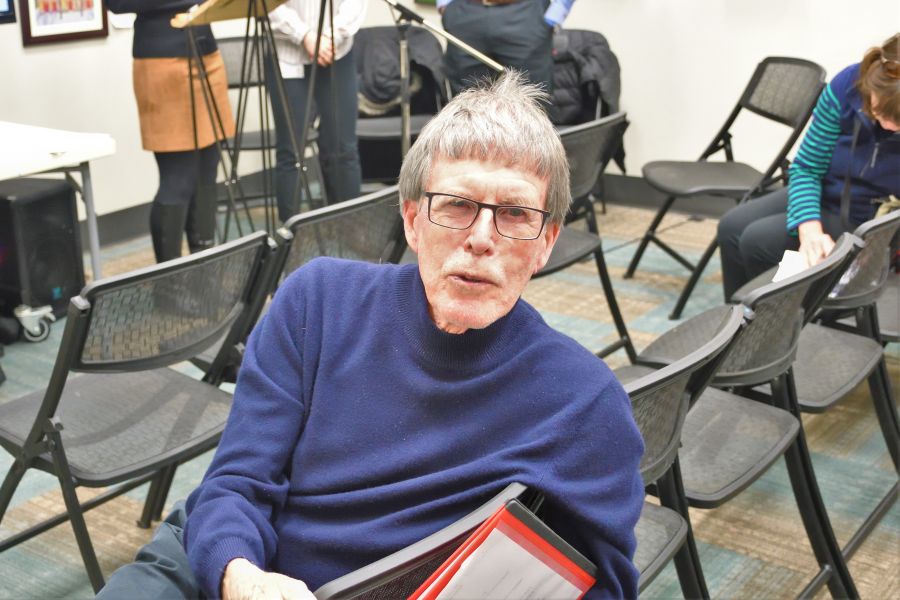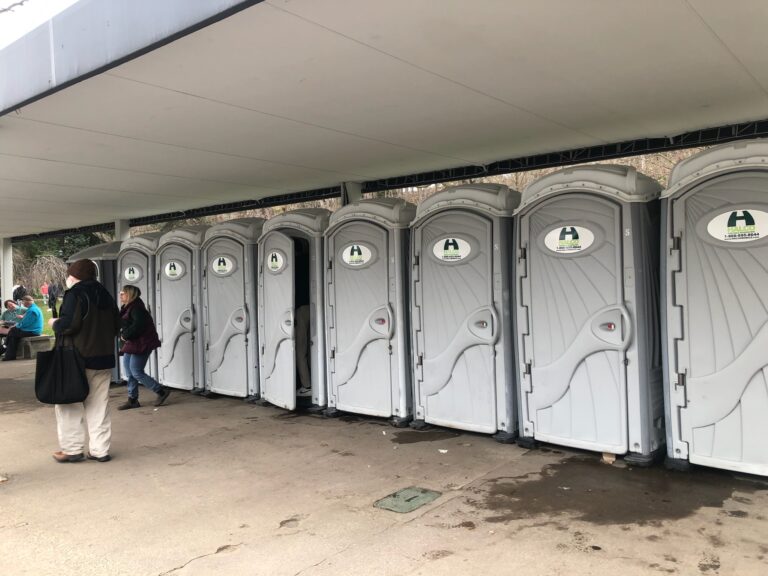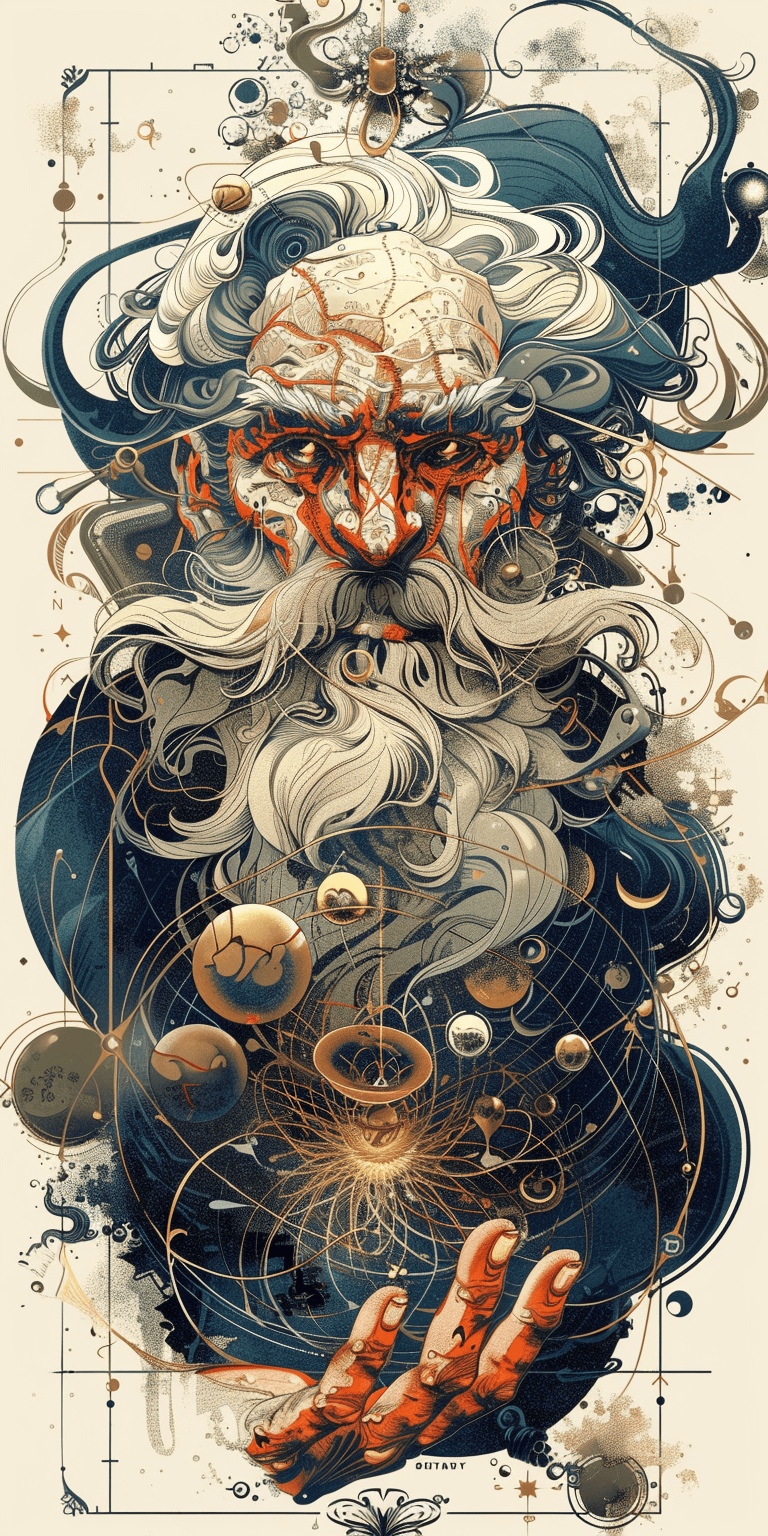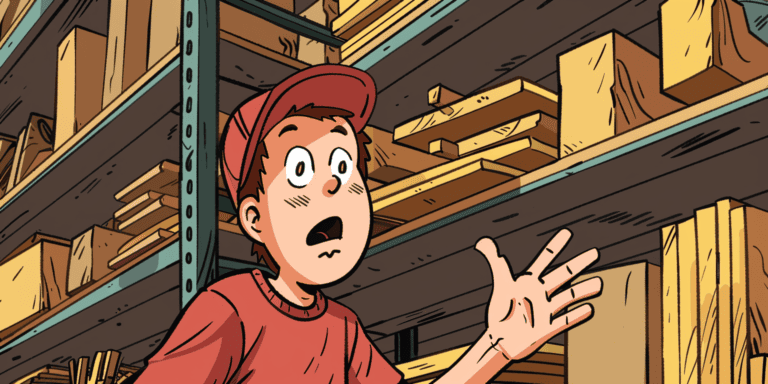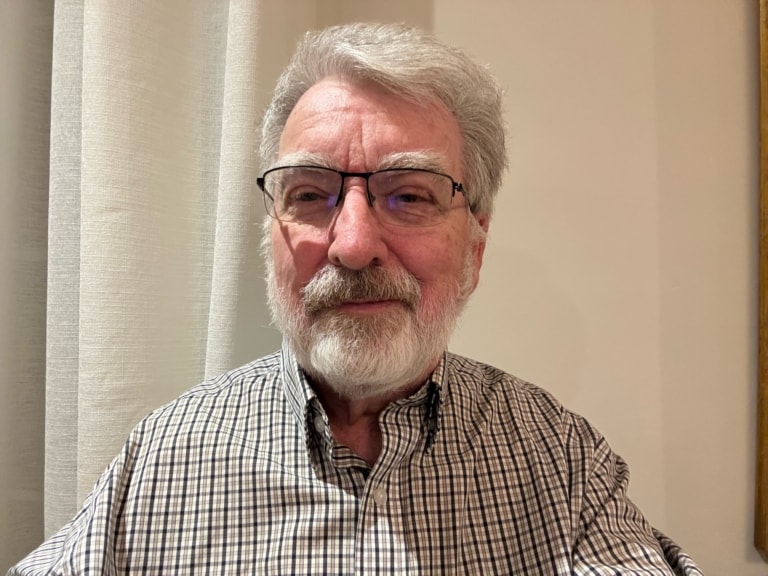Situational awareness, an ability to know precisely where you are, the terrain you’re crossing, possible landing spots in an emergency and awareness of ever-changing weather, is critical for pilots, whether they fly single-engine training machines or high-flying commercial jets.
And so it is with daily life.
To navigate the landscapes of our lives – our neighbourhood, recall where we put our keys, or from a social perspective, keep track of who’s who when we meet them and make sense of the feelings and intentions of others – these are skills we take for granted.
Estimates suggest there are roughly 70 to 100 billion nerve cells in the human brain and trillions of connections linking them.
Unlike traditional computers, the brain uses overlapping networks of connections, which range from the very local to widely dispersed networks. Through these, information is widely shared via hubs akin to minor and major airport hubs, which link functionally specialized regions of the brain together.
Memories related to a friend may be stored in several dispersed locations in the neocortex, each location storing some features related to him or her.
For example, there are cells in the temporal lobe, which fire only when I see my friend or perhaps in some specific context, she comes to mind. Other locations might store memories of what he might have said or done or features of his voice.
Thus, memories of friends draw on information that is stored in different regions of the brain.
Discrete lesions may affect recognition of your friend’s face, while sparing memories associated with his voice or demeanour.
But, without both medial temporal lobes and their related structures to establish those memories in the first place, store them in their relevant cortical files and call on them as necessary, I might be unable to form or recall memories of my friend.
Other nerve cells called “grid” and “place” cells in the medial temporal lobe provide information about our movements and location. They were discovered in recent years and the work garnered a Nobel Prize for John O’Keefe of the United Kingdom and the Norwegian husband-and-wife team of May-Britt Moser and Edvard I. Moser.
Imagine therefore, how confusing and challenging it might be, if the familiar was no longer familiar and we were unable to find common items such as keys or wallet, recognize familiar streets, or perhaps familiar people when we bump into them.
That’s what happens early in Alzheimer’s disease and some other dementias, when they affect the temporal and nearby parietal lobe where information about people and places is pulled together to make sense of whoever might happen to be standing in front of us or familiar scenes that surround us.
Making sense of people’s behaviour, intentions and actions is perhaps the biggest challenge. And sorting out how to react to what becomes a very unfamiliar social landscape is even more of a challenge.
What looks like irrational behavior to some observers, may make perfect sense to patients whose worldview is distorted because they’re no longer capable of seeing the world as we do.
That’s why the behaviour of patients in the latter stages of dementia can be so perplexing to caregivers – dementia patients inhabit an entirely different world, with far fewer resources to make sense of that world, a situation often made worse by drugs and minor infections.
In the absence of the situational awareness we so take for granted, those with dementia often find the world they inhabit bewildering and even a bit scary.
This sometimes leads to misunderstanding the intentions of those who look after them and other residents.
That’s where I’ve been impressed with the staff at Niagara Long Term Care. It takes patience, cheerfulness, skill, consistency and empathy to help residents whose awareness and attention vary from moment to moment and struggle to understand what’s going on.
So, hats off to the staff for the great job they do day after day.
Dr. William Brown is a professor of neurology at McMaster University and co-founder of the InfoHealth series at the Niagara-on-the-Lake Public Library.



